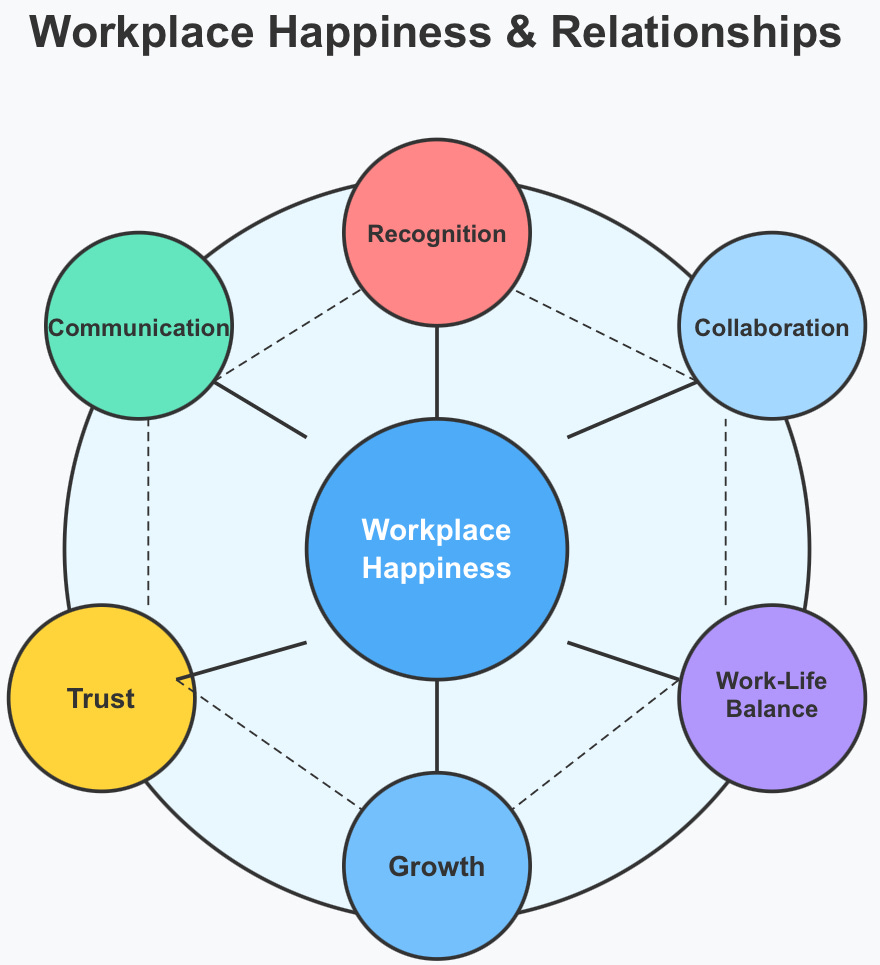From the World Happiness Report 2025, LinkedIn Workplace Learning Report 2025, and SHRM State of the Workplace 2025, three major findings highlight the importance of relationships, kindness, and community-building in the workplace:
1. Social Connection Drives Happiness and Retention
Research shows people consistently underestimate the kindness of others, leading to lower social trust (1). Loneliness is on the rise, with 19% of young adults in the U.S. reporting they have no one to rely on—a 39% increase since 2006 (1). Shared meals are proven to boost well-being, yet 1 in 4 Americans now eat all their meals alone (1).
2. Recognition and Support from Managers Improve Engagement
Recognition and team collaboration are key to employee retention according to recent findings (3). Poor management remains a major reason for low job satisfaction—only 42% of U.S. workers felt their organization was effective in leadership development (3). Employees with strong manager relationships report being nearly twice as satisfied with their jobs (3).
3. Career Development Strengthens Workplace Relationships
Companies with strong career development programs demonstrate higher trust and engagement (2). Employees who engage in mentorship, peer learning, and leadership training are more likely to stay at their jobs (2). Internal mobility programs help employees build relationships and feel valued within their organization (2).
Three Workplace Applications to Build Relationships and Community
1. Foster Team-Based Recognition and Gratitude Practices
Implement peer-to-peer recognition programs, where employees acknowledge each other's contributions in real time (3). Encourage "gratitude moments" in meetings, where employees share appreciation for colleagues (1). Train managers in active recognition, ensuring they give specific, meaningful praise (2).
2. Create Social Connection Opportunities
Encourage shared meals by setting up team lunches, remote lunch breaks, or company-sponsored meals to combat workplace loneliness (1). Establish mentorship and peer learning groups, which help employees build deeper workplace relationships (2). Host volunteer or community service events, as prosocial behavior increases well-being for both givers and receivers (1).
3. Prioritize Leadership and Career Development for Stronger Connections
Train managers in coaching skills to support career growth and foster meaningful conversations (2). Encourage cross-functional team projects, allowing employees to build relationships outside their immediate teams (3). Develop internal mobility programs, giving employees the opportunity to advance and feel valued (2).
By focusing on recognition, social connection, and career development, workplaces can build trust, increase happiness, and strengthen communities.
References: (1) World Happiness Report 2025 (2) LinkedIn Workplace Learning Report 2025 (3) SHRM State of the Workplace 2025
Learn more happiness habits in my book, The Future of Work Is Human and the Future of Success Is Happiness, available on Amazon.





